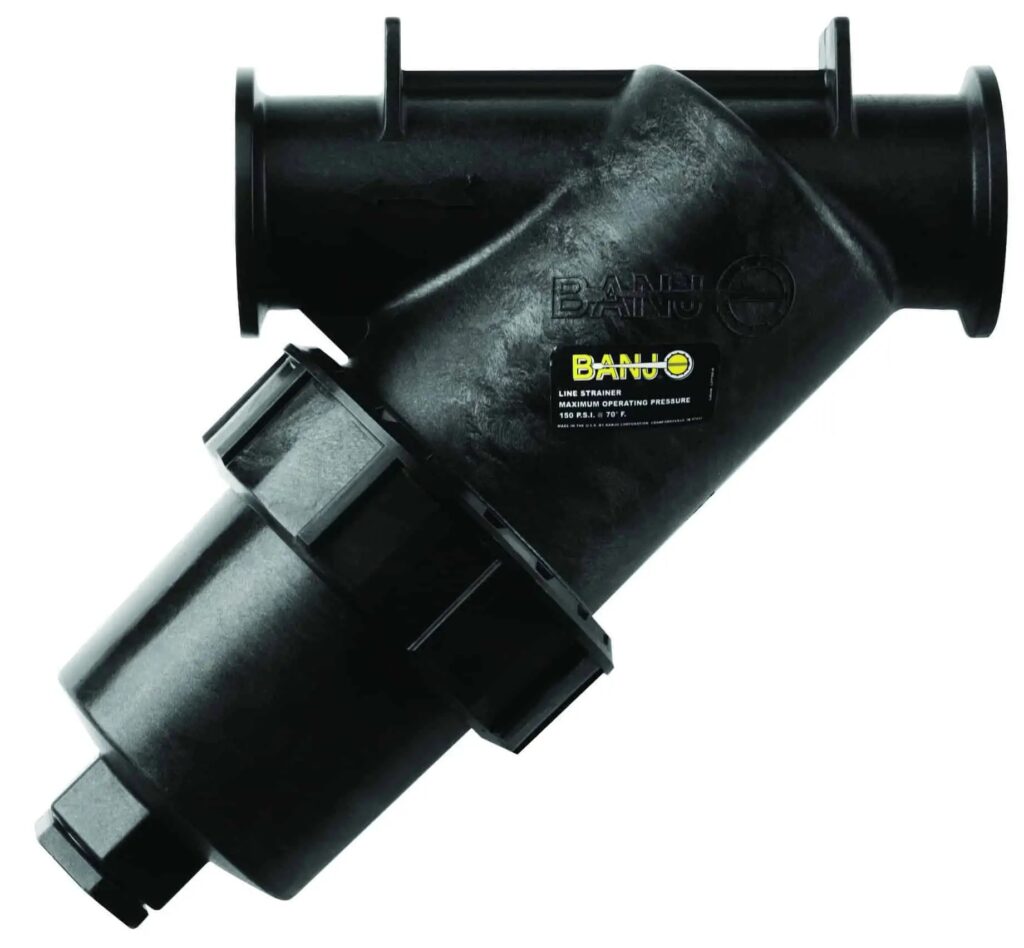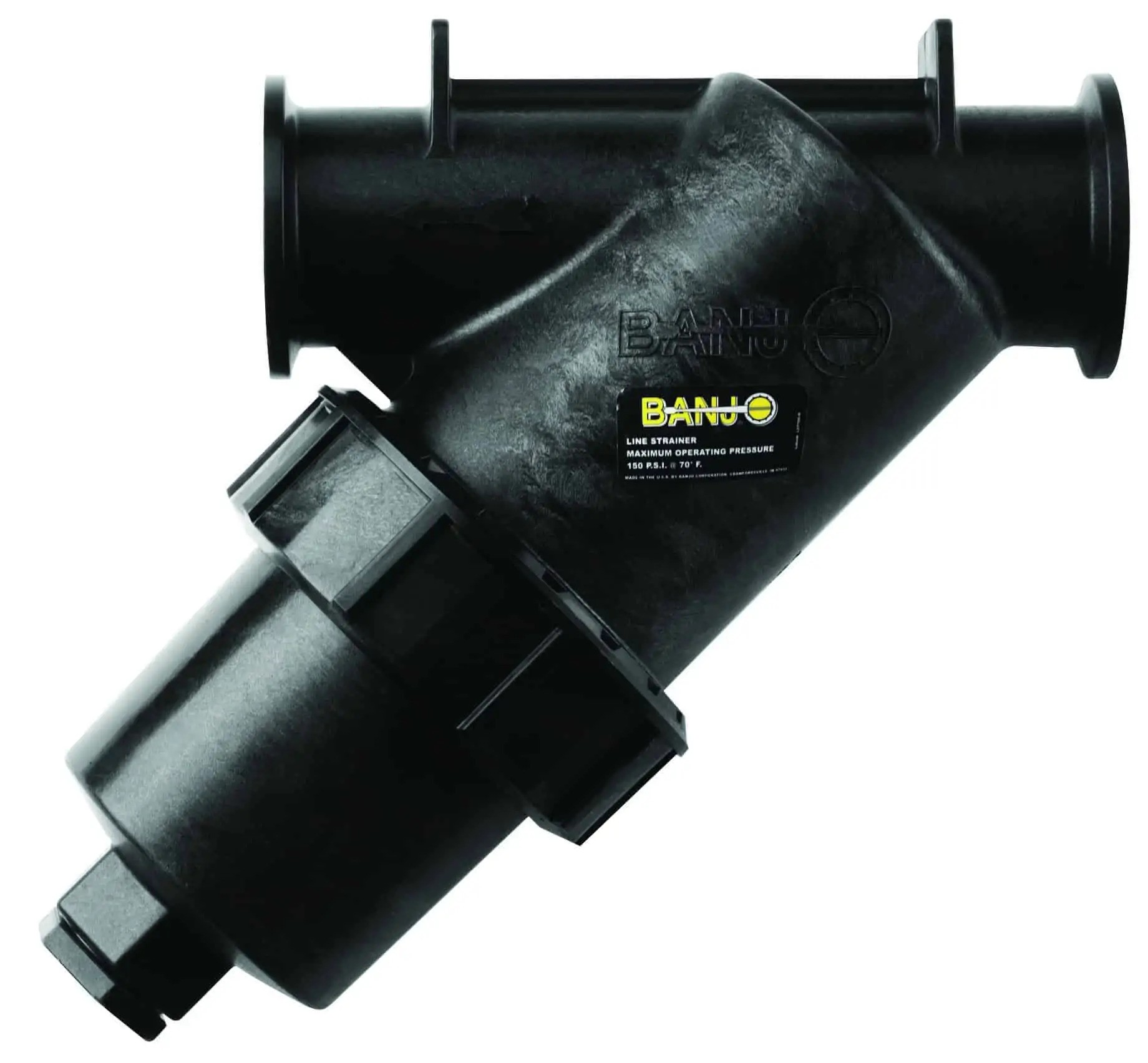In the world of plumbing and fluid transfer, ensuring clean, uninterrupted flow is crucial. Here’s where the banjo filter, a seemingly simple yet vital component, comes into play. Let’s delve into what a banjo filter is, its functions, and where you might encounter it.

What is a banjo filter?
Appearance and Design:
Imagine a short cylinder with threaded connections on either end. This is the basic form of a banjo filter. Its resemblance to the musical instrument, particularly the???? banjo’s resonator (the round back), earns it this quirky name. Inside the cylinder sits a removable mesh screen, the heart of the filter’s operation.
Function and Benefits:
The banjo filter serves two primary purposes:
- Particle Filtration: The mesh screen traps unwanted debris like dirt, rust, scale, and other particles that might be present in the fluid flow. This protects pumps, valves, and other equipment downstream from potential damage caused by these contaminants.
- Flow Control: The filter creates a slight restriction in the flow path. This controlled pressure drop can be beneficial in applications like regulating flow rate or preventing excessive pressure surges in the system.
Applications:
Banjo filters are versatile and can be found in various settings:
- Hydraulic Systems: They safeguard pumps, valves, and actuators in hydraulic machinery like excavators, presses, and lifts by capturing contaminants in the oil or hydraulic fluid.
- Fuel Systems: In engines and generators, banjo filters protect sensitive fuel injectors and carburetors from dirt and debris present in the fuel.
- Air and Gas Lines: These filters prevent dust, rust, and other airborne particles from entering pneumatic systems and instrumentation used in automation and industrial processes.
- Water Lines: In domestic and commercial plumbing, banjo filters can be used to trap sediment and particles before they reach faucets, showers, and appliances, ensuring clean water flow.
Choosing the Right Banjo Filter:
Several factors influence the selection of a banjo filter:
- Fluid Type: Different fluids have varying viscosity (thickness) and compatibility with filter materials. Consider using a stainless steel mesh for harsh chemicals or a nylon mesh for water applications.
- Mesh Size: The size of the mesh openings determines the size of particles the filter can trap. A finer mesh catches smaller particles but might restrict flow more.
- Pressure Rating: Choose a filter that can withstand the maximum pressure in the system to avoid leaks or damage.
Conclusion:
The banjo filter, despite its simple design, plays a critical role in safeguarding equipment and ensuring smooth fluid flow across various industries. So, the next time you encounter a piece of machinery or a faucet, remember the silent hero behind the scenes – the banjo filter, keeping the flow clean and the systems running smoothly.

